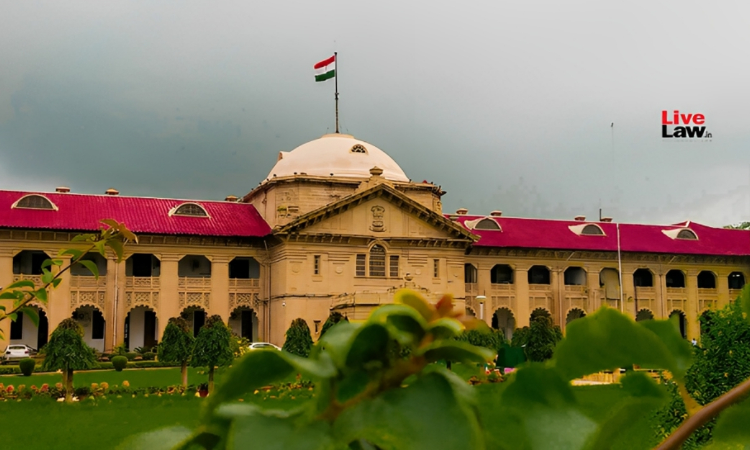Failure To Cite Judgment Does Not Render Original Judgement Flawed: Allahabad High Court
Mariya Paliwala
30 May 2024 10:05 AM IST

Next Story
30 May 2024 10:05 AM IST
The Allahabad High Court has held that mere failure to cite a judgement does not, in and of itself, render the original judgement flawed.The bench of Justice Shekhar B. Saraf has observed that the review jurisdiction is not a panacea for addressing every perceived deficiency or oversight in the original judgement; rather, it is a narrow avenue reserved for rectifying errors glaringly evident...
